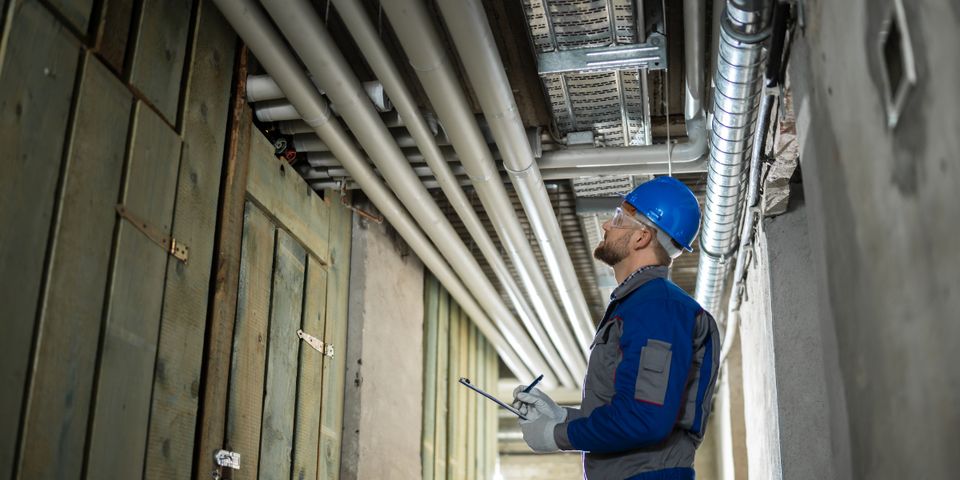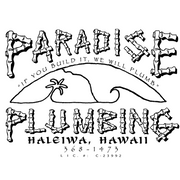
With all the responsibilities you have as a business owner, it can be easy to forget about the plumbing system in your office. However, commercial plumbing inspections ensure that your company can conduct its regular operations. The following guide explains what's involved in the process and why you should make it a routine part of your practices.
What Are the Benefits of Commercial Plumbing Inspections?
Most commercial plumbing systems see more regular and intensive use than residential ones because of the number of people on the property. Problems such as burst pipes and severe clogs are typically more concerning for businesses, as they can disrupt time-sensitive production schedules, deliveries, and safe working conditions.
Fortunately, an inspector can detect existing and potential plumbing issues before they worsen into emergencies. For example, they can identify and replace worn or corroded pipes, water heater components, and fixtures at risk of failure. They will also look for leaks that can increase utility bills and contaminants like lead and wastewater, which require restoration work to render the plumbing safe for use. Even if the inspector finds no immediate problems, they can notify you of the overall condition of the system and recommend regular maintenance practices and upgrades.
When Do You Schedule an Inspection?

If you operate in a building that is more than 20 years old, the plumbing can be corroded and worn out. A professional will look for worn components, leaks, and clogs to determine the system's state. On the other hand, a new building will only need an inspection to verify that the plumbing is installed correctly and works efficiently.
Having the commercial plumbing checked quarterly also ensures that it's operating safely and as designed. Although it's an additional business expense, investing in periodic inspections will save you from the costs of arranging emergency repairs in the event of an unexpected issue.
What's Included in an Inspection?
Inspectors begin by looking for active leaks, as well as related signs such as mold growth and staining. They'll check the system's overall water pressure to ensure it's at optimal levels and the condition of water heaters and drains.
Finally, a plumbing inspector will review the backflow devices, which prevent wastewater from flowing back into the system and contaminating the freshwater. If one of these is broken, it must be repaired or replaced immediately to keep your business up to public health codes. Therefore, have the system inspected by a plumber capable of addressing urgent issues.
If you need comprehensive plumbing inspections for your business, contact Paradise Plumbing in Haleiwa, HI. Serving companies across Oahu since 2000, these state-licensed professionals draw on extensive experience with commercial systems to identify common plumbing problems and carry out repairs promptly. They also offer 24/7 emergency repairs for any unexpected situations. Call (808) 368-1473 to schedule an inspection and visit them online for more information on their services.
About the Business
(3 reviews)
Have a question? Ask the experts!
Send your question

